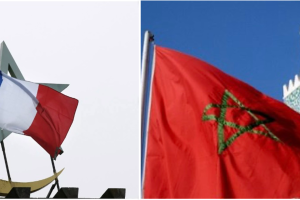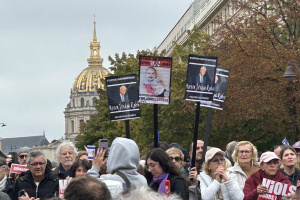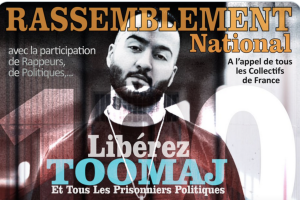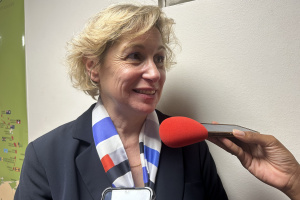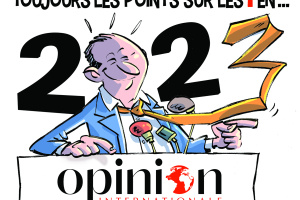Editorial by Stéphane Brabant* and Michel Taube**
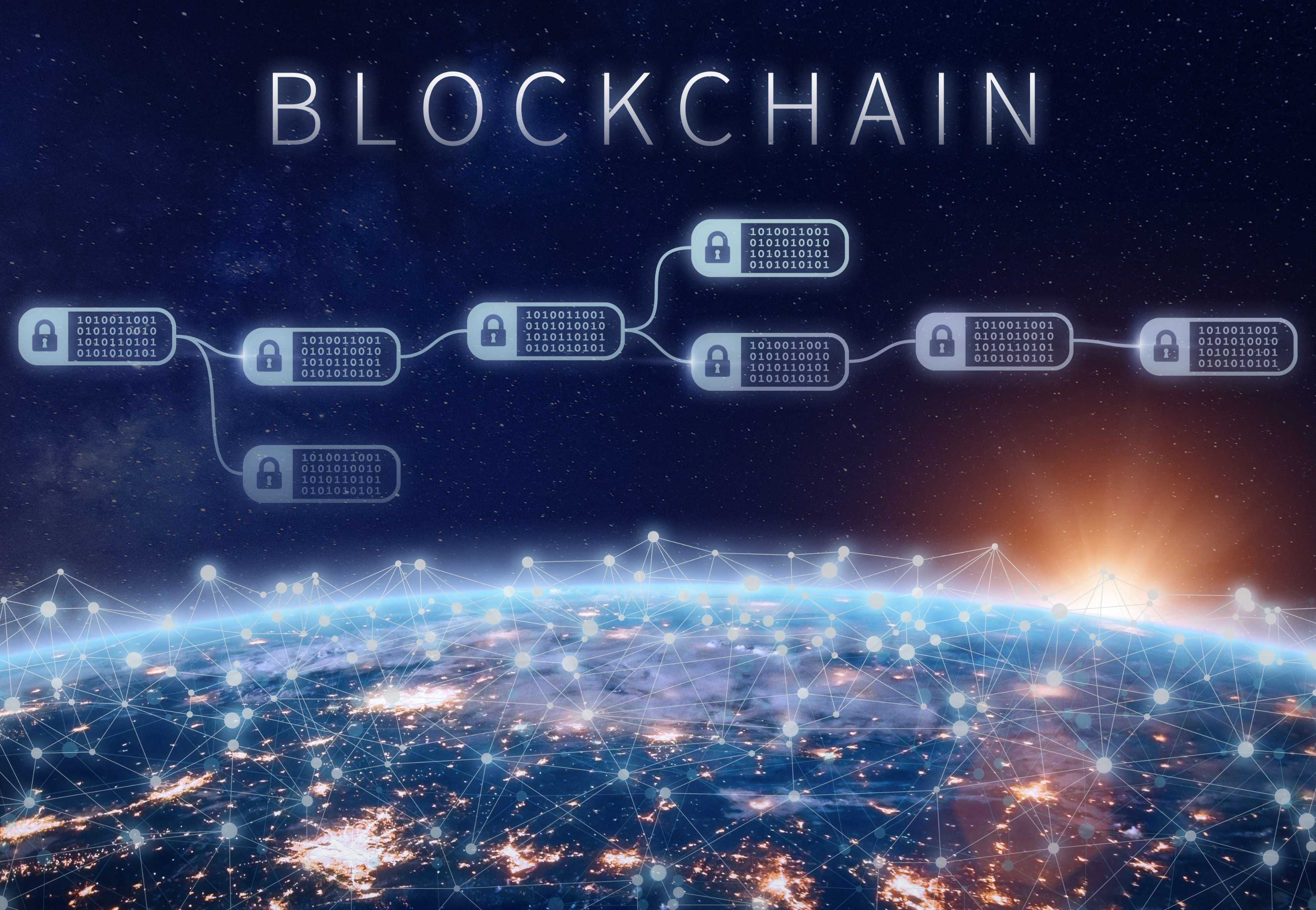
They have not even mentioned it! Despite its length and the precision of its recommended calls to action, the final Declaration of the Paris Summit on the Financing of African Economies, held in Paris on March 18, 2021, in the presence of heads of state and eminent leaders of regional and international organizations from around the world, does not call on States or regional and international organizations to use the blockchain. Yet, here is a solution known to instill transparency, confidence and traceability in the management of financial flows and the proper destination of billions of euros in loans granted to African States, particularly by the international community.
The blockchain has been around since 2008. Convinced that it is a “computer monster” created by a mad scientist, the layman may wince at the mere mentioning of the term. A blockchain is, however, only a distributed database – as easy to use as Facebook or an online bank account. But it has the enormous advantage of guaranteeing the confidentiality, integrity and inviolability of data, and thus brings transparency to the transactions recorded therein. In addition, the decentralized structure of the blockchain both in writing and in reading allows for cross-checking, which guarantees the reliability of information. Using the blockchain for financial transactions as well as for procedures relating to democratic life is a powerful guarantee of seriousness and reliability, which can only inspire confidence. Africa has long suffered from a bad reputation in these areas, even though it does not have the monopoly – far from it – on embezzlement, kickbacks or corruption.
Three Technical Words
The blockchain is a “distributed database”, shared in real time by those who are authorized to feed it with information. Moreover, only the addition of information is possible; the deletion or modification of recorded information is prohibited. There is no central server, which could be hacked or corrupted in terms of its data. In real time, users can control, from their screens, all the information that is added, which is grouped in “blocks”. To guarantee the reliability and integrity of data, the blockchain uses “minors”, chosen from among its stakeholders (contributors or readers), who – in accordance with predefined rules – validate the information before entering it (forever) on the blockchain. Thereafter, the information block, which is time-stamped and added to the chain, can no longer be modified. Much has been written about the computing power required to run a blockchain, with the enormous power consumption that this would involve. Without going into too much detail, let’s just say that this problem relates only to the Bitcoin blockchain and, in no way, the so-called consortium blockchains, from which Africa could benefit.
Blockchain and Africa: Toward New Governance
In terms of good governance, the reputation of several countries on the African continent is not the best. The reproach is not aimed solely at political leadership; private companies may also create mistrust among investors and lenders. Profit and ethics do not always mix well, but rather than discussing this from a moral or legal perspective, it is perhaps more efficient to make fraudulent activity and cheating impossible. The gradual disappearance of cash is part of this same logic. Those who choose to use the blockchain accept the precondition of transparency, since they will not be able to avoid it. They are entering a virtuous circle that cannot be limited to financial transactions. African countries already using blockchain, such as Burkina Faso, the Comoros, and Ghana, can only see its very positive effect on the attitude of their co-contractors, especially their creditors. Of course, no method, even the blockchain, can guarantee the solvency of a debtor, but mistrust almost magically disappears. We can only envy these countries and there is no reason to limit the use of the blockchain to finance: it can be used for the traceability of minerals, the fight against drug trafficking, the management of land and even the protection of human rights. With its vast scope of application, the blockchain could become an essential tool for the development of Africa. Better yet, just as technological backwardness was an asset during the advent of mobile telephones and the Internet, the blockchain may become an asset benefiting those countries without wired networks (already facing the threat of extinction) or emerging countries building industries to meet new environmental standards. Blockchain can help Africa reconcile economic development with respect, especially by businesses, for fundamental human rights. It would not only allow companies to better meet their obligations in terms of respect for human rights across supply and value chains, but it would also, and more generally, allow them to use the best of digital technology to gain control, transparency and confidentiality without over-surveillance, intrusion, or data theft. The digital giants and sometimes the States are akin to “Big Brother”. There is no “Big Brother” in the blockchain, except when you consider that each actor is the other’s Big Brother. This is called trust and transparency, not oversight. In Africa and elsewhere, the blockchain as a tool for good governance can serve to comply with new imperatives, essential to States, companies, populations, consumers: respect for human rights; social ethical and environmental responsibilities; and regulation. Thieves, fraudsters, dictators and corrupt politicians aside, we all have a stake in promoting the blockchain in Africa and around the world. The blockchain could finally make it possible to create healthy confidence in Africa, a major precondition for the revival of African economies and the consolidation of the rule of law that has so often been undermined or weakened.
*Stéphane Brabant, Attorney, Senior Partner, Trinity International, Paris
**Michel Taube, Founder of Opinion internationale








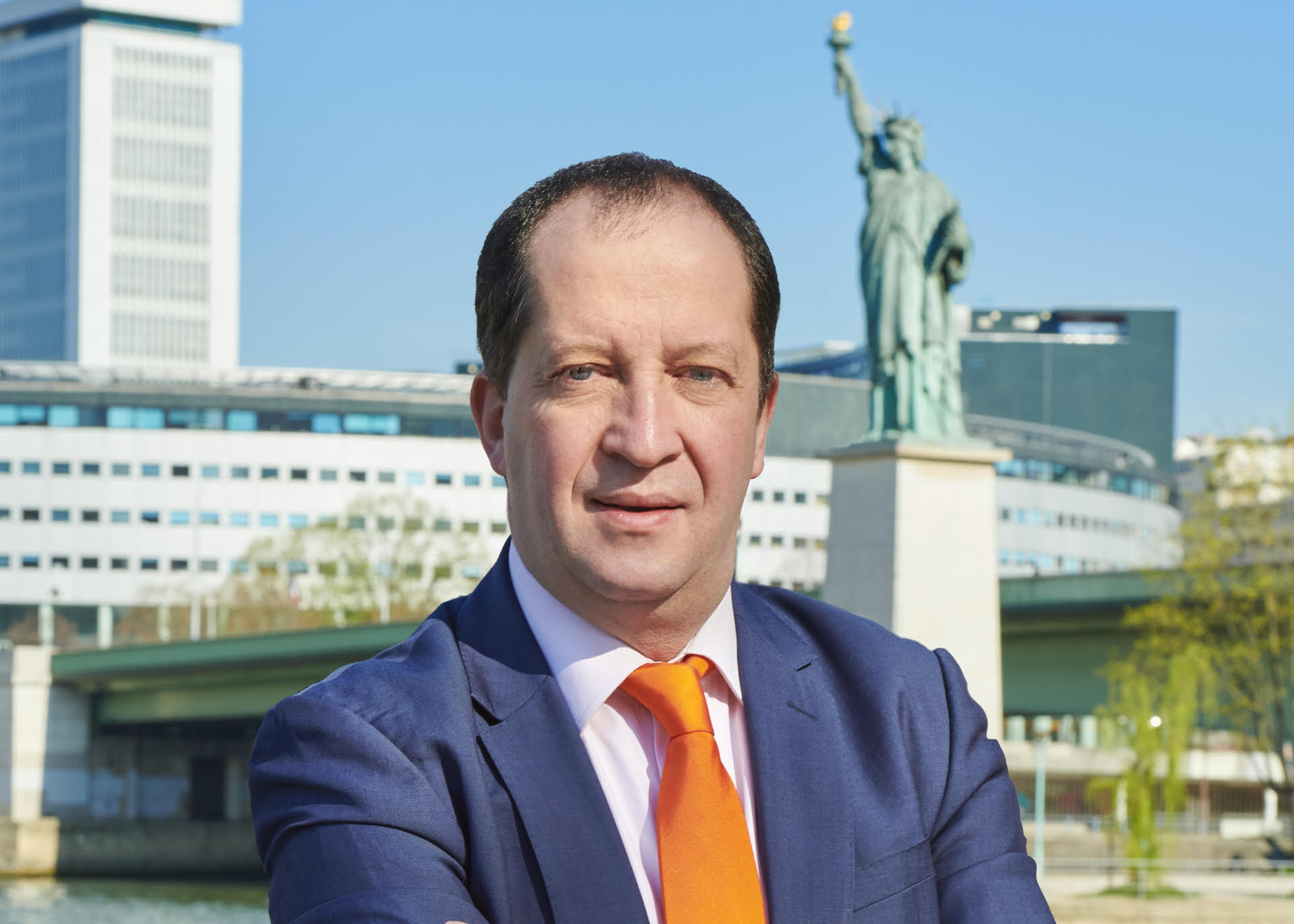


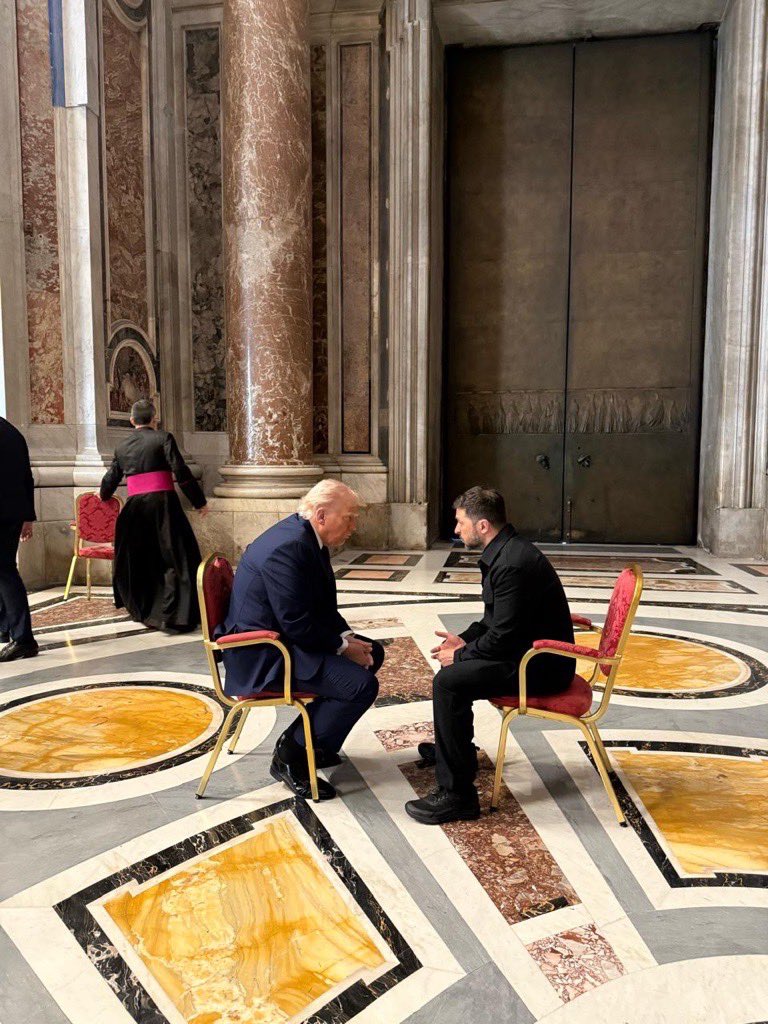
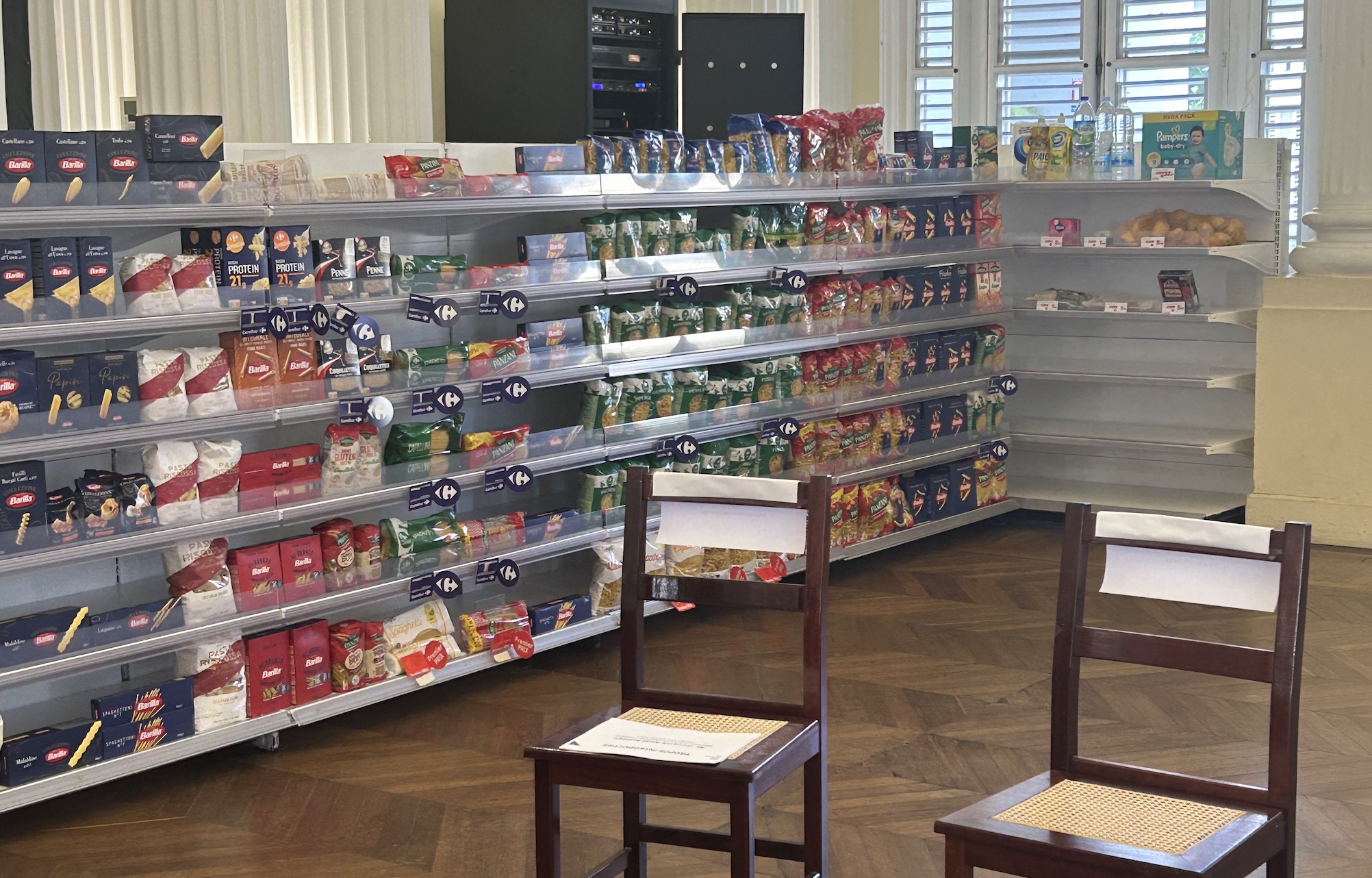

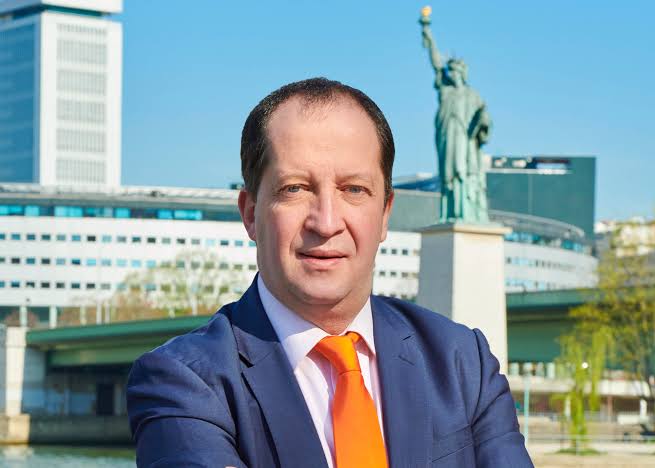




 ️
️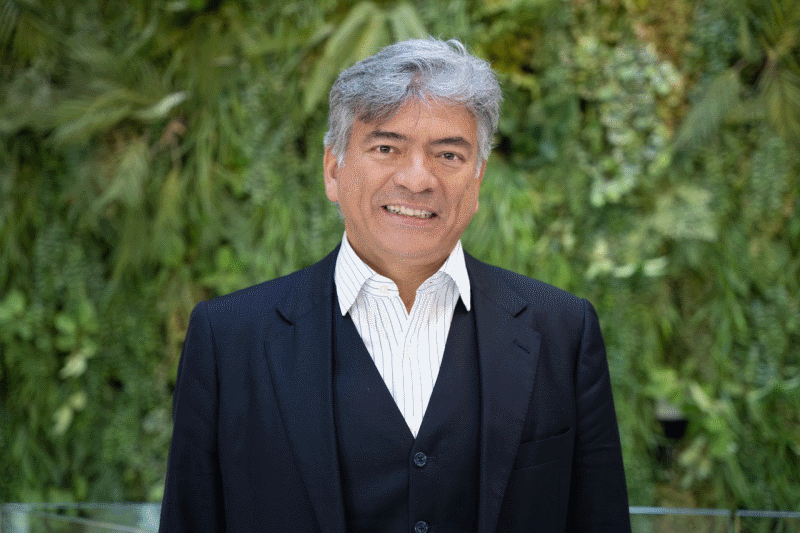

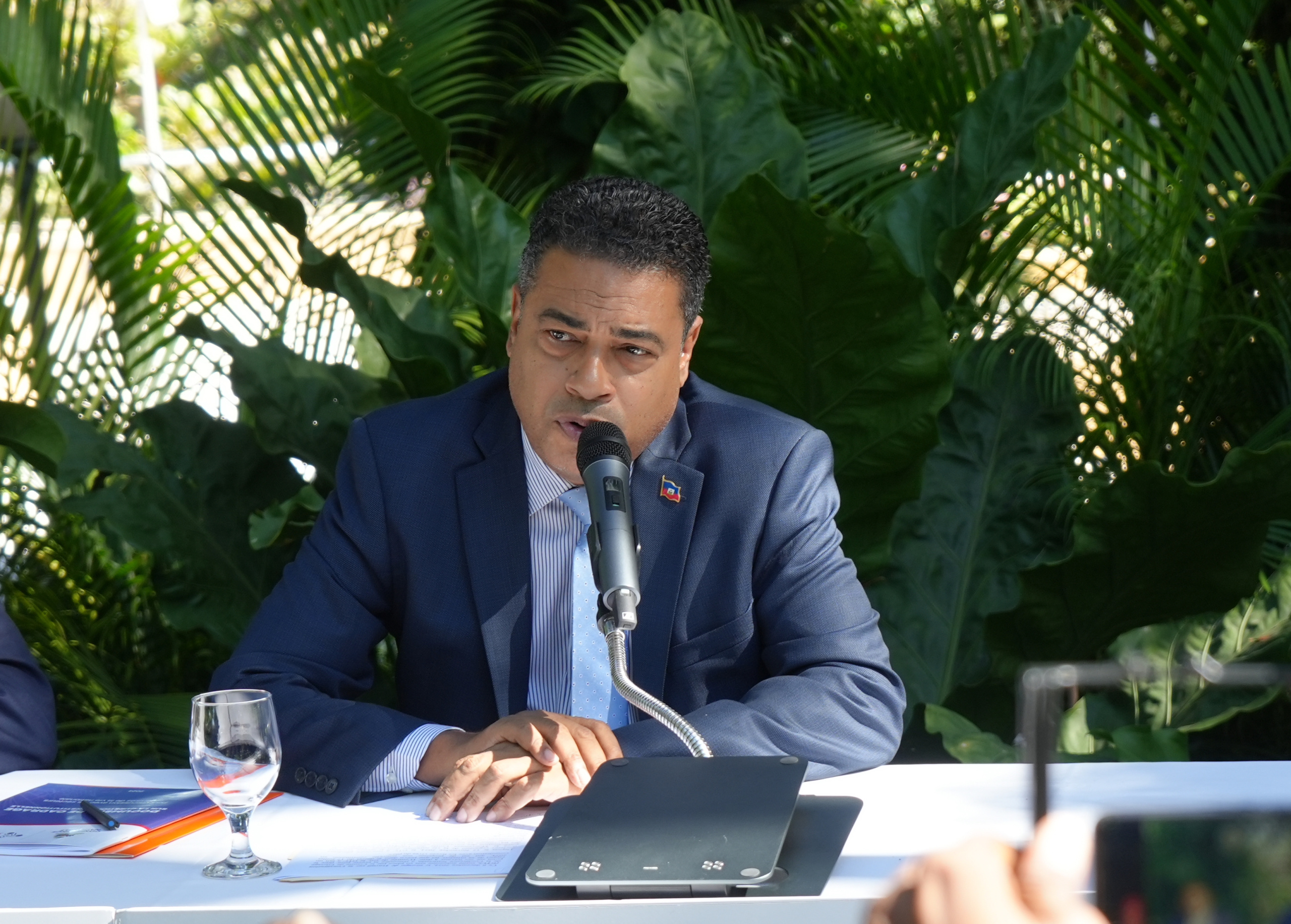
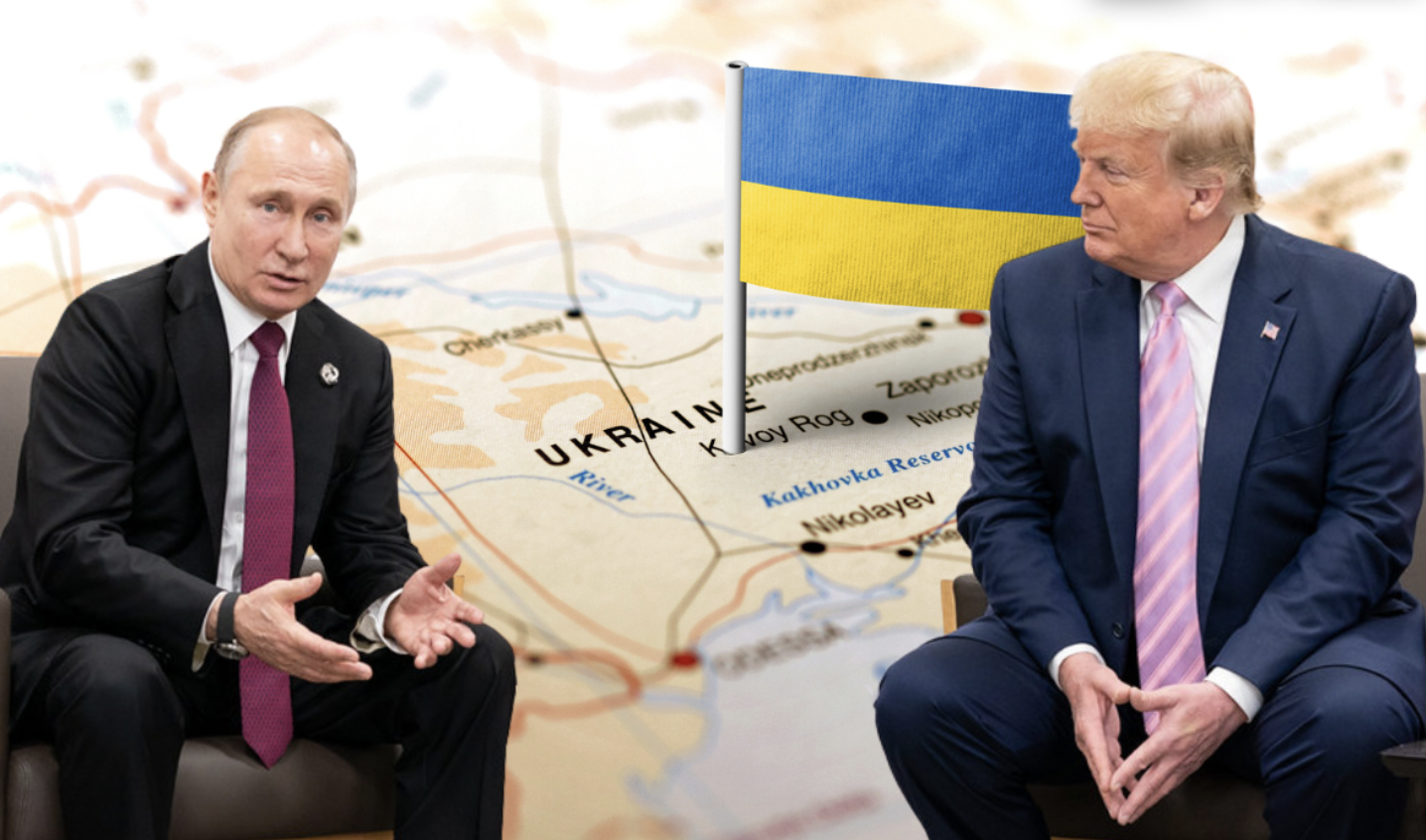
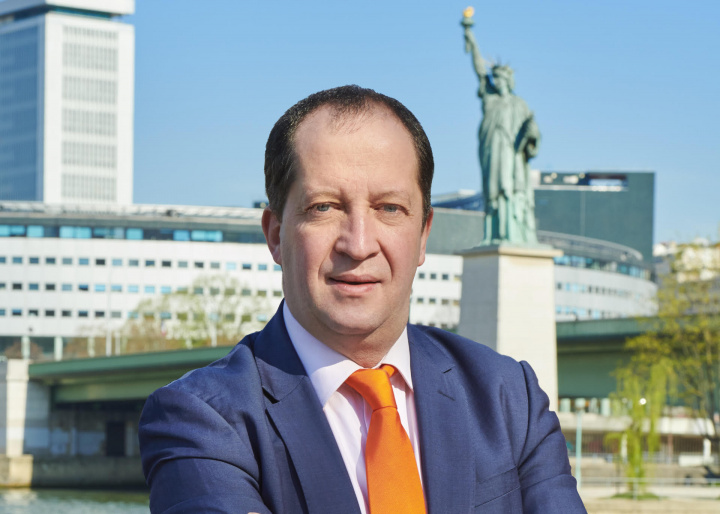


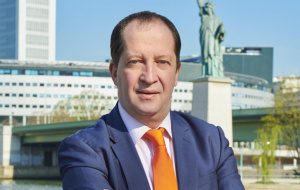
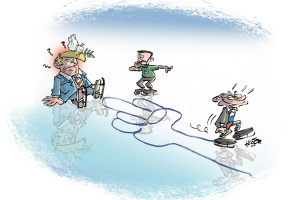

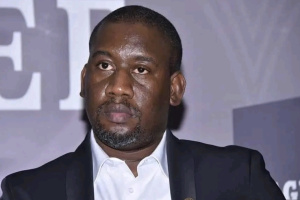
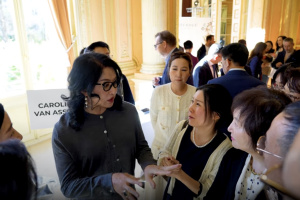

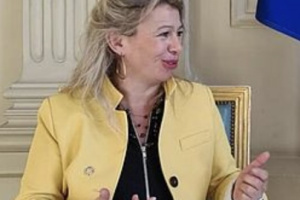

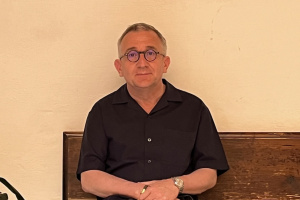
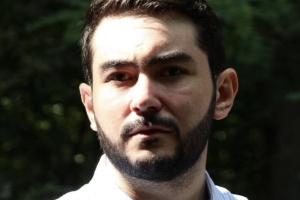
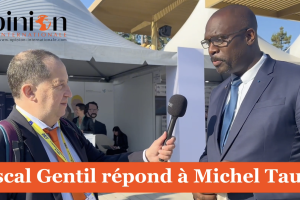
 Opinion Paris 2024
Opinion Paris 2024


